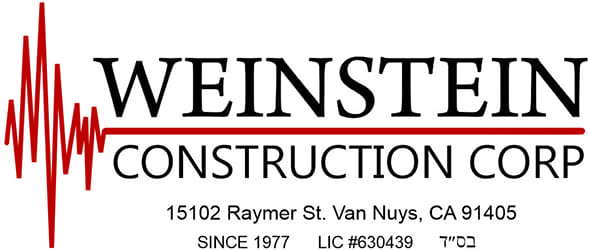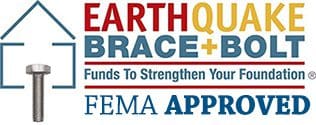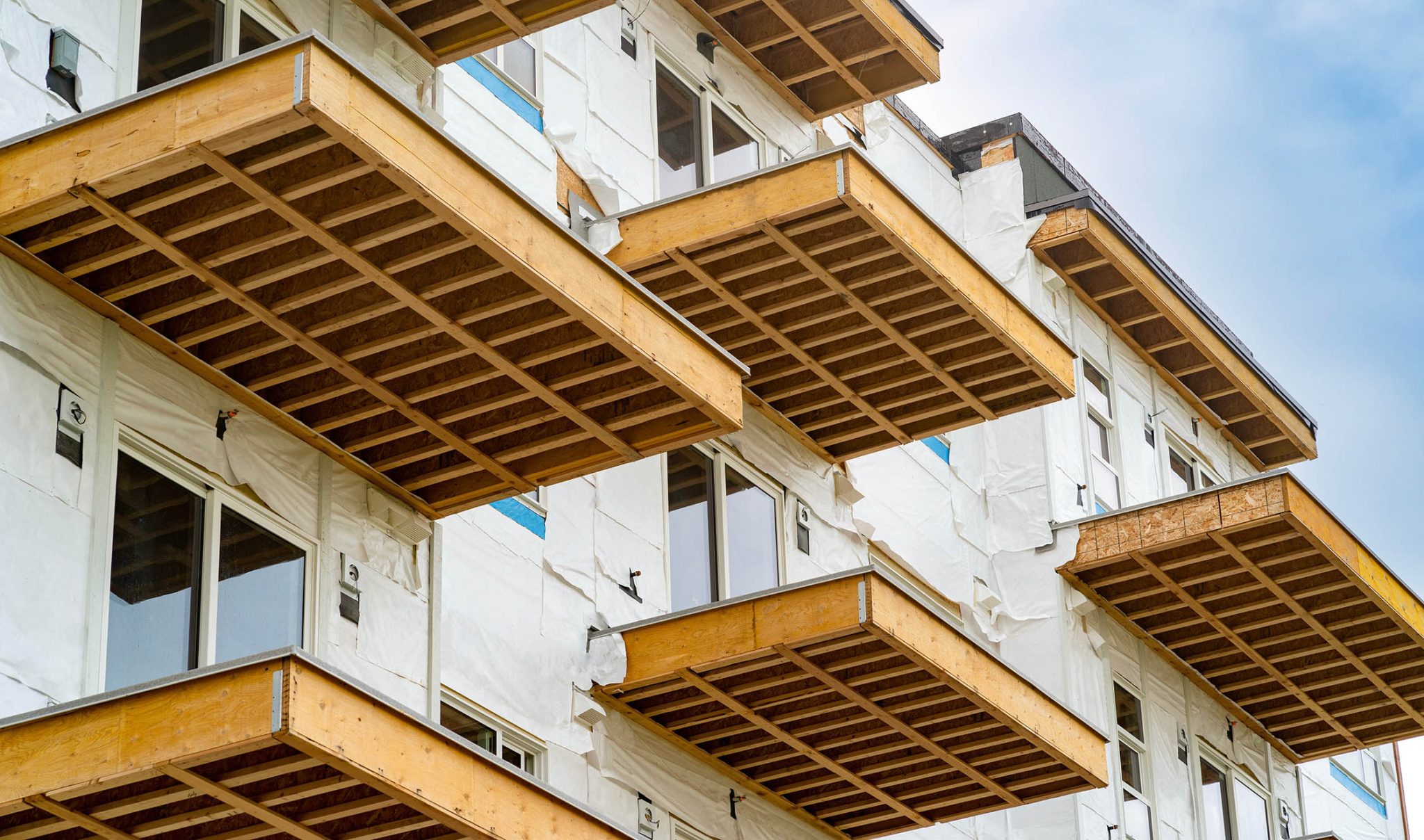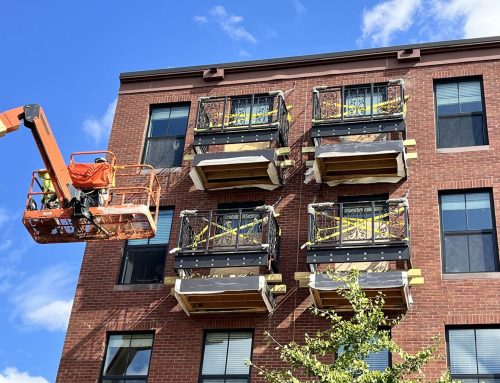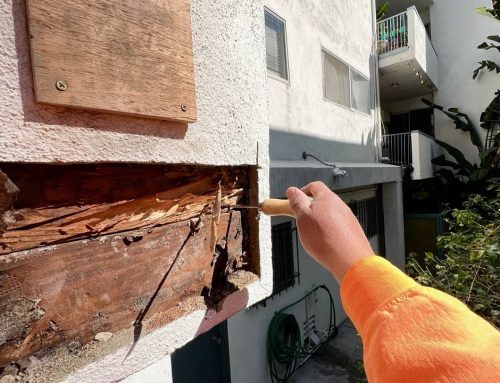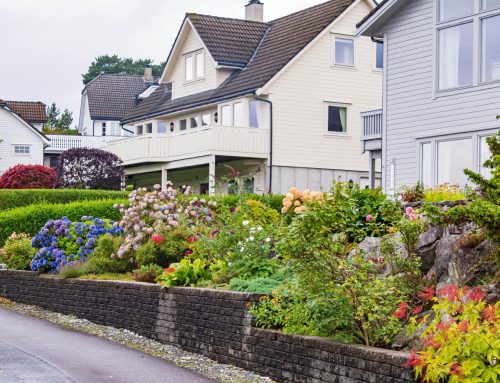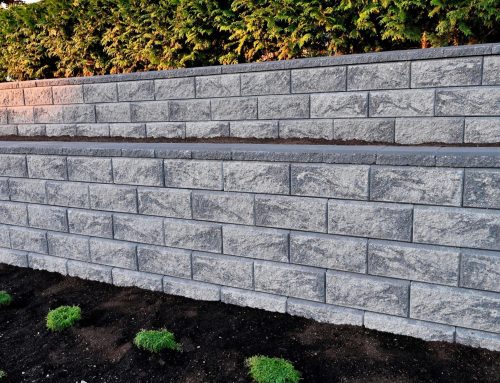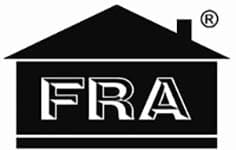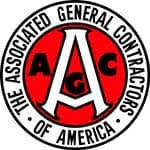This is the first blog in a series of four blogs that we will publish over the next few weeks, all having to do with the upcoming legal requirement for residential and commercial apartment buildings in the City of Los Angeles to undertake mandatory safety inspections of balconies and other exterior elevated elements (“EEE”) such as decks, stairways, and walkways, and to repair such EEE, when they are found to be damaged. Today’s blog is about the importance of balcony inspections!
Why are we even talking about Los Angeles balcony inspections?
Many of the multi-family residential apartment buildings and condominiums built in the Greater Los Angeles region were put up by developers in the 1950s and 60s, when older buildings were torn down, and newer apartment complexes and condominiums were erected in their stead. Many of these new buildings provided an essential resource for the growing city, which was a lure for millions of people seeking year-round sunshine and the promise of new jobs.
Sadly, many of these stucco boxes were unapologetically simple and built out of the cheapest materials. They typically had thin walls and ceilings, and wood-framed balconies and other EEE, which, with the passage of time, deteriorated quickly due to wood rot, cracking, and structural stresses from ongoing seismic activity. While such buildings were a response to the demands of the moment, they exist today as potential catastrophes-in-the-making, when they are damaged by time or earthquakes.
Fast forward to a Summer’s night birthday party in 2015, when a 4th floor balcony of an apartment building in Berkeley collapsed and fell 40 feet to the ground. The balcony was wood-rotted, and could not take the weight of the young students who were on it. Sadly, six students died and seven others were badly injured. In the aftermath, anxious California legislators passed new laws and regulations to improve the safety of balconies and other EEE in both residential apartment buildings and multi-unit condo buildings. These new laws, Senate Bills 721 and 326, require mandatory inspections and maintenance, all aimed at ensuring the safety of balconies and EEEs.
If you want to see the age of the building you live in, click this link to access the “built: LA” map of over 2.9 million buildings in Los Angeles County. You can literally zoom in on your own building, using this incredible resource!
What do the new California Balcony Inspection laws say?
Among others, the new California Balcony laws, Senate Bills 721 and 326 are quite similar, but do have some distinctions. For example:
SB 721 relates only to multi-family residential apartment buildings.
This law requires owners of residential apartment buildings with three or more apartments, as well as EEE, to be inspected by January 1, 2026, and thereafter, at least every six years. This safety inspection, which must be done by a licensed architect, civil or structural engineer, or a specialty-license building contractor, must be of the structural integrity and waterproofing of EEEs that are made in whole or in part of wood, are elevated more than six feet above ground level; and are designed for human use.
SB 326 relates only to condominiums and multi-family housing controlled by HOAs.
This law requires owners of such buildings that have three or more units, as well as EEEs, to be inspected by January 1, 2026, and thereafter, at least every nine years. Unlike SB 721, which allows building contractors, licensed architects, or structural/civil engineers to make inspections, SB 326 only permits a licensed architect or structural/civil engineer to inspect (note that SB 326 was amended by AB-2114 to additionally authorize a civil engineer to conduct the inspection, and AB-2114 was signed into law, and took immediate effect, on July 15, 2024).
The new California Assembly Bill 2579 (approved on September 28, 2024) which extended the deadline for the initial inspection until January 1, 2026, also mandates that:
- A new inspection is not required until January 1, 2026, if the property was inspected between January 1, 2016, and January 1, 2019. Thereafter, a new inspection is required every six years.
- If an adequate inspection was conducted between January 1, 2019, and the present time, a re-inspection is not required, until six years after the date of the inspection report, and thereafter, every six years.
What should owners of residential apartment buildings and condos do right now?
With the inspection deadline looming, owners must keep in mind that as we get closer to the inspection deadline, a rush to inspect will begin, and a large number of buildings will compete for the attention of a relatively small number of building inspectors. Such inspectors will undoubtedly be struggling to cope with inspecting and repairing the many thousands of apartment and condo buildings in the Greater Los Angeles region! Moreover, the scarcity of such resources will see the cost of inspections and repairs rise, with the inevitable inspection delays.
Owners must not wait for the inspection deadline! They should act now, to have their buildings inspected earlier, rather than later, and have greater flexibility in scheduling an inspection, as well as lower costs for inspection and repairing any damages. Weinstein Construction are experts in balcony inspections and repair – call us today at 866-623-5788 to schedule a free “Balcony Law” consultation – get help in planning for this important and mandatory inspection program and take advantage of lower prices today!
